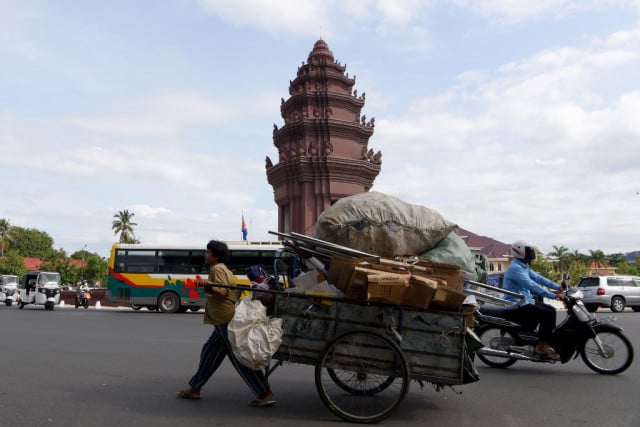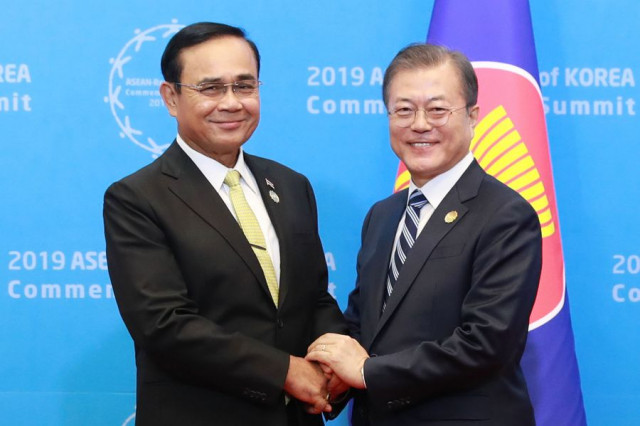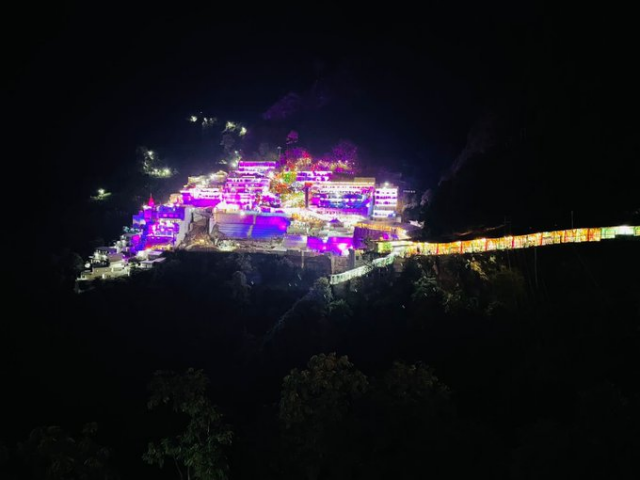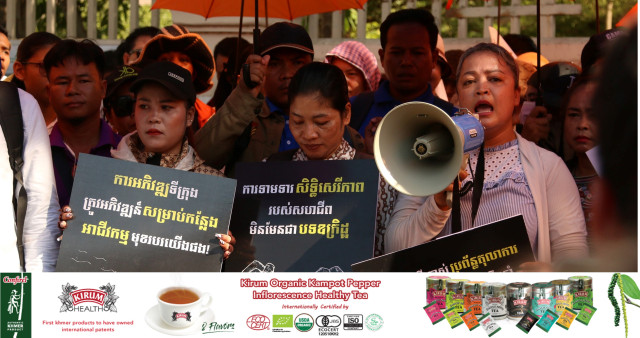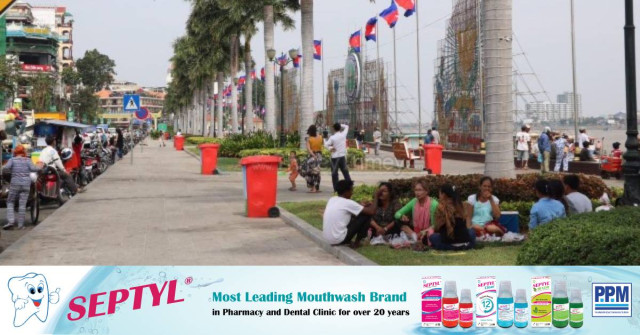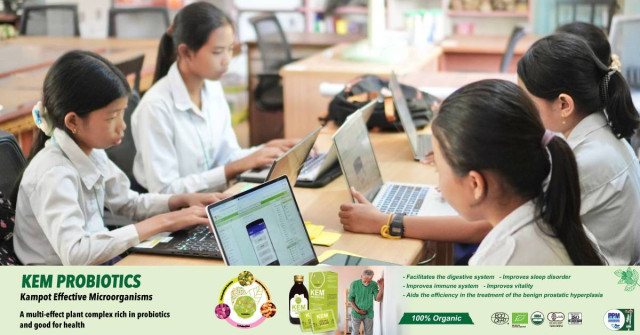Asia Centre’s Phnom Penh Office to Build Journalistic Capacity
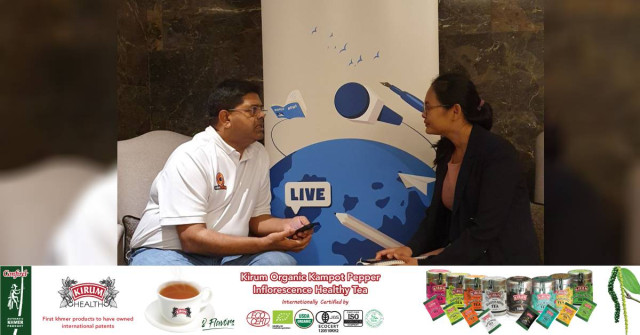
- By Lay Sopheavotey
- December 15, 2023 7:10 PM
BANGKOK – The Asia Centre now has two offices in Thailand and one in Malaysia. It conducts evidence-based research on issues affecting the Asian area and creates toolkits for policymakers, media professionals, civil society organisations, development assistance organizations and NGOs.
Asia Centre will launch a country office in Cambodia in April. ThmeyThmey’s Lay Sopheavotey spoke to Asia Center regional director Dr. James Gomez, about the centre’s plans.
Lay Sopheavotey: What is your perspective on press freedom in Cambodia after the country got a new prime minister?
Dr. Gomez: Given the current scenario in Cambodia, I believe it is more appropriate to speak about press quality rather than press freedom, because, according to all international rankings, Cambodia’s press freedom ranking is low.
However, what is not discussed is press quality. I believe there are a lot of opportunities to build up capacity in press quality.
If the Asia Centre can contribute towards the next generation of evidence-based reporting using new technology, it will be a win for Cambodia.
Lay Sopheavotey: Regarding setting up a new office in Cambodia, how optimistic are you?
Dr. Gomez: We are very optimistic and excited about the opening of our new research and training office in Cambodia in April 2024. We aim to collaborate with university media departments, media houses, relevant government agencies and capacity-building organisations to jointly deliver these training programs.
Our main focus will be on new technologies, especially how to use AI positively to assist the media while paying attention to safety and ethical issues.
Lay Sopheavotey: Could you elaborate on your future plans for working in Cambodia to support media freedom?
Dr. Gomez: To emphasize again, our focus in Cambodia will be on capacity building to support quality journalism. We believe that once quality journalism is established, media freedoms will naturally follow.
Towards that goal we look forward to working with media outlets to provide in-house media training; work with government agencies to assist their communication officers and help universities either to set up or strengthen their existing media programs.
Lay Sopheavotey: What do you see as daunting challenges when it comes to working in Cambodia?
Dr. Gomez: The most important thing right now is internet connection activity. It is still sluggish, the internet is expensive, and mobile internet is expensive when compared to other options.
But I hope that the infrastructure and everything else associated with it will improve because journalism is changing and the majority of content is now digital that is short and in video format.
Given these developments, I believe Cambodia's plan for digitalizing its economy is in the right direction that can drive digital content creation and dissemination. However, we must wait and watch how quickly this plan is implemented and evaluate whether the plan will go beyond Phnom Penh and into the provinces.
The plan must link the entire society, not simply the capital. So, I believe this is the main challenge.
Lay Sopheavotey: What plans do you have to deal with these challenges?
Dr. Gomez: Our plan is to collaborate with academic institutions, government agencies, media outlets, and international partners to identify a solution. Our goal is to force the issue into cooperation.
My goal is to establish a strong regional connection. I intend to bring all connections, including media forums, to my new office in Phnom Penh. And all regional partners can also be brought to Cambodia.






